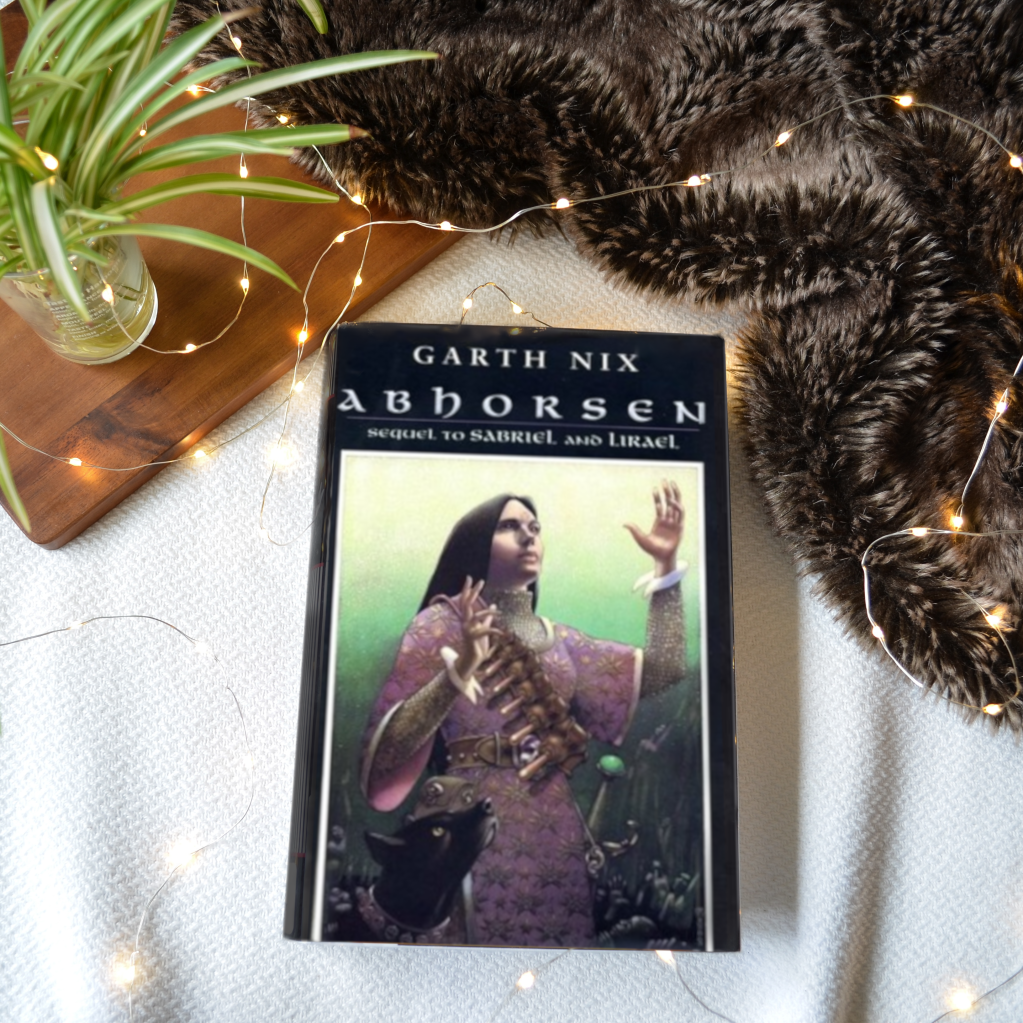
Title: Gods of Jade and Shadow
Author: Silvia Moreno-Garcia
Genre: Fantasy, Maya Mythology, Death
My Rating: 5/5
Casiopea Tun dreams of dancing fast, swimming in the Pacific Ocean, and driving an automobile. Instead, she is trapped in a rural Mexican town serving her hateful grandfather and the rest of his family. One day, she opens the forbidden chest in her grandfather’s bedroom and releases the god of death, Hun-Kame, supreme leader of Xibalba. Together they must journey across Mexico and complete three trials to restore Hun-Kame to his throne. If they are successful, Hun-Kame will grant Casiopea’s heart’s desire. If they fail… Casiopea will die.
This story started off slowly, with exposition about the town, the family, and Casiopea’s hopes and personality, starkly in opposition to the show, don’t tell “rule” of writing. Based on the first chapter, I was prepared to be a little disappointed; I had my eye on this book for many months and was very excited to finally be able to read it. However, once Casiopea opened the chest, accidentally releasing Hun-Kame, the story took off and took me with it. I was completely caught up in the narrative, which does feature a lot of exposition, but it works. This is part historical fantasy, part love story, but the tone solidifies it as a beautifully-told brand-new myth.
Casiopea is as real as anyone, full of dreams, bitterness, curiosity, and love. She was inspiring in her strength, but it wasn’t a self-sacrificial strength a la Cinderella. She was always determined to save herself, and did, in the end.
As the story unfolded, I knew it was going to be a bittersweet ending and Garcia-Moreno delivered. I finished reading with a knot in my throat and stars in my eyes, hoping that Casiopea and Hun Kame could find a measure of peace in their futures. I love reading about Maya history, religion, and myth and this book was exactly what I was craving. I’ll be rereading Gods of Jade and Shadow regularly.
The things you name do grow in power, but others that are not ever whispered claw at one’s heart anyway, rip it to shreds even if a syllable does not escape the lips.
Silvia Moreno-Garcia, Gods of Jade and Shadow





